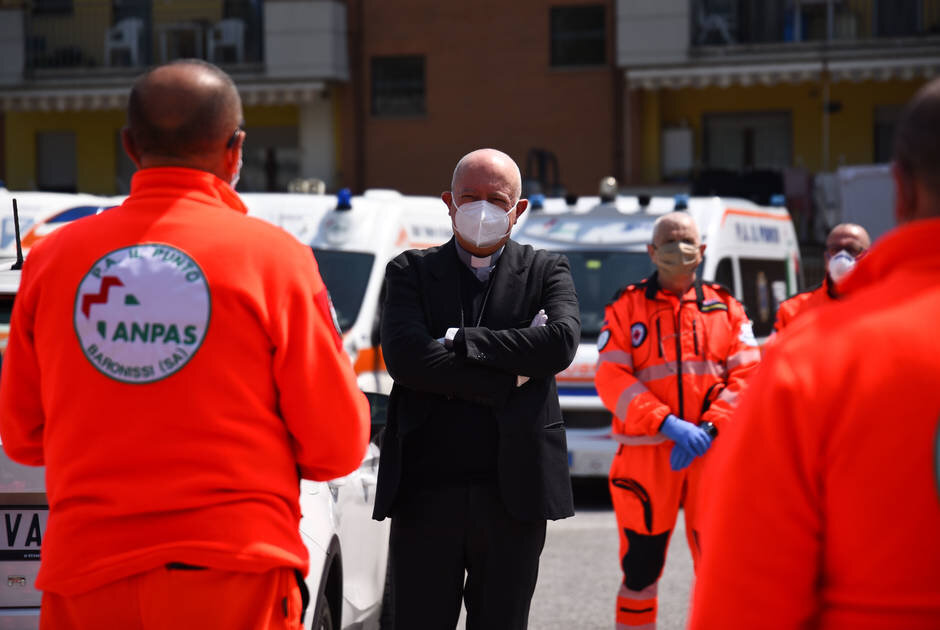During the course of the pandemic, religious leaders have often found themselves on the frontlines of the global health crisis. In addition to adapting rituals to new norms of social distancing and digital worship, religious leaders became humanitarian aid providers, medical responders, and local information experts.
Now, as the world focuses on vaccine rollout and returning to some sense of normalcy in the months and years to come, religious communities and leaders, as with society at large, have to confront challenges posed by mistrust of science or government, vaccine disinformation, and concerns. In some quarters over whether the vaccine aligns with religious values and law.
At an April 2021 workshop Sarah Hess, Sally Smith, and Melinda Frost of the Information Network for Epidemics (EPI-WIN), Health Emergencies Programme at the World Health Organization (WHO) shared their insights on the importance of working with religious communities during the crisis. They also shared some tools and best practices for religious communities to confront this all-embracing global health emergency.






